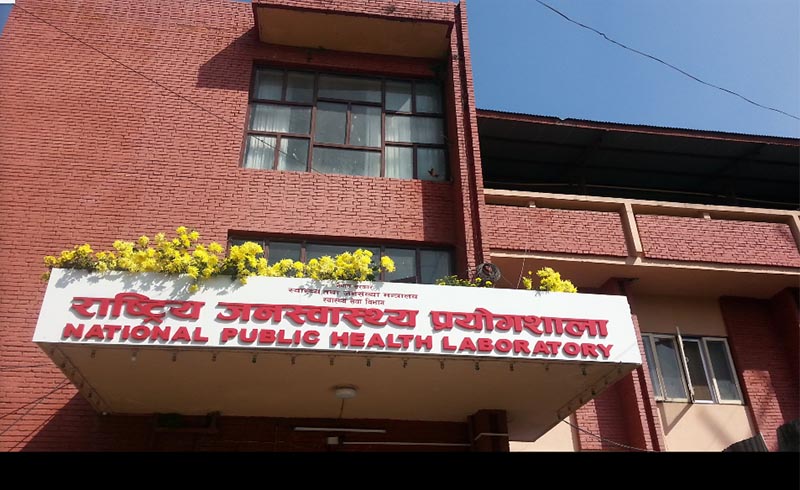New variant of coronavirus detected in Nepal
- Samples were sent to HK lab on Jan 11
- Two have already tested negative, one asymptomatic
Kathmandu, January 18
Three persons in Nepal have been diagnosed with the new variant of coronavirus that is said to be more contagious than the earlier variant.
A 28-year-old woman and two men aged 32 and 67 were diagnosed with the new variant.
Nasal and throat swabs of six people who had recently returned from the United Kingdom were sent to a Hong Kong laboratory on January 11 with the assistance of the World Health Organisation.
National Public Health Laboratory received their reports today. “The woman and the 32-year-old man have already tested negative. The 67-year-old man, although still infected, is asymptomatic,” Jageshwor Gautam, spokesperson for the Ministry of Health and Population, told THT.
The health ministry has urged people to adopt safety measures until vaccine is available in the country. The new variant, first identified in Britain and known as B117, is said to infect humans more readily.
Anup Bastola, consultant tropical medicine at Sukraraj Tropical and Infectious Disease Hospital, said the government should strengthen surveillance and contact tracing for detection of the new variant of coronavirus and prevent its spread.
“Surveillance in border areas should be strengthened as there are high chances of people with new variants entering via land crossings,” added Bastola. The government has already made it mandatory for those returning from the United Kingdom to stay in quarantine upon their arrival as a large number of people were infected with the new variant in the UK recently. The new variant of the virus has since been detected in more than 35 countries.
Bastola said people returning from other countries where the new variants had been detected should also be kept in quarantine. “The government must make it mandatory for those returning from countries where the new variant of the virus has been detected to either be kept in quarantine or in isolation to prevent the spread of the new variant of the virus,” said Bastola. “We also need to closely see how India reacts to infections with the new variant as many Nepalis working in India cross into Nepal from areas bordering India,” added Bastola. Sujan Marahatta, epidemiologist and public health expert also advocated increased surveillance and contact tracing.






